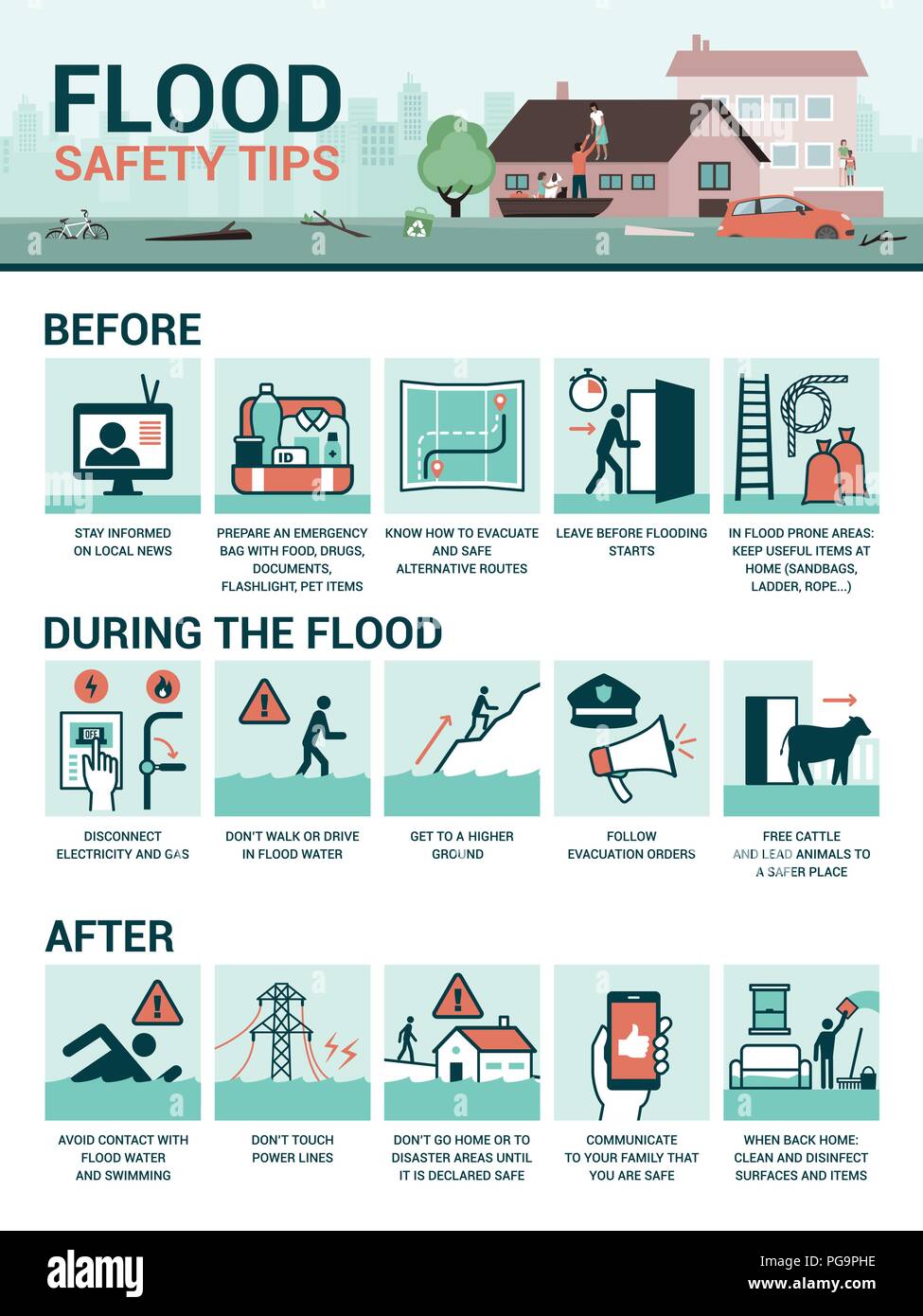Navigating A WhatsApp Disaster: Learning From Sarah Vine's Experience

Table of Contents
Sarah Vine's WhatsApp Mishap: A Case Study
While specific details of Sarah Vine's incident may vary depending on the news source, the core issue generally revolves around a private message being inadvertently shared publicly or within a broader audience than intended. [Insert links to reputable news sources covering the event here. Example: "As reported by the Daily Mail [link] and The Times [link], ..."].
- Core Mistake(s): The precise mistake(s) vary depending on the specific account, but they commonly involve misusing forwarding functions, incorrectly selecting recipients, or a lack of understanding of WhatsApp's privacy settings. A lack of awareness regarding the public nature of group chats was also often implicated.
- Consequences: The consequences ranged from public embarrassment and reputational damage to social media backlash and significant negative press coverage. This highlights the far-reaching implications of a seemingly minor WhatsApp error.
- Public Reaction: The public reaction often involved criticism of her communication skills, highlighting the importance of careful message crafting and audience consideration before pressing send. The incident sparked discussions around digital literacy and the potential for misuse of communication platforms.
Common WhatsApp Mistakes Leading to Disasters
Many factors can contribute to a WhatsApp disaster. Understanding these common pitfalls is crucial for preventing your own messaging crisis.
Privacy Settings and Group Chats
WhatsApp's privacy settings are powerful tools, yet often misunderstood or ignored. Improperly configured privacy settings can expose personal information to unintended recipients, leading to significant privacy breaches and reputational damage. Group chats, while convenient, pose additional risks. Messages shared within a group can be easily forwarded to individuals outside the group, resulting in the spread of misinformation or sensitive information.
-
Tips on configuring privacy settings for enhanced security:
- Regularly review and adjust your "Who can see my profile picture," "Who can see my About," "Who can see my Last Seen," and "Who can add me to groups" settings.
- Limit who can see your status updates.
- Enable two-factor authentication (2FA) for added security.
-
Best practices for participating in group chats responsibly:
- Think twice before sharing personal or sensitive information.
- Be mindful of the potential for messages to be forwarded beyond the group.
- Only join groups you're genuinely interested in and regularly evaluate the necessity of continued membership.
-
How to leave group chats safely and effectively:
- Simply leave the group chat without sending a farewell message. You can mute group chats to reduce notifications while maintaining membership if you have not yet decided to leave.
Misinterpretations and Miscommunication
The absence of non-verbal cues in text-based communication makes WhatsApp particularly susceptible to misunderstandings. Sarcasm, humor, and nuanced language can easily be misinterpreted, escalating seemingly minor disagreements into significant conflicts. This is especially true in professional settings where clear and concise communication is paramount.
-
Strategies for avoiding misunderstandings in WhatsApp conversations:
- Use clear and concise language.
- Avoid using sarcasm or humor that could be easily misinterpreted.
- Use emojis sparingly, as their meaning can be subjective.
- Proofread your message before sending.
-
Tips for ensuring your message is interpreted correctly:
- If the message is complex or sensitive, consider calling or video-calling the recipient instead.
- If you're unsure about how your message will be received, ask a trusted friend or colleague for feedback before sending.
-
Importance of proofreading messages before sending: This simple step can prevent many misunderstandings and avoid potential WhatsApp disasters.
Security Risks and Data Breaches
Like any online platform, WhatsApp is not immune to security risks. Data breaches and hacking attempts are always a possibility. Keeping your software updated and utilizing strong security measures is vital for protecting your personal information.
-
Methods for protecting your WhatsApp account from unauthorized access:
- Keep your WhatsApp app updated to the latest version.
- Enable two-factor authentication (2FA).
- Use a strong, unique password.
- Be cautious about clicking on suspicious links or downloading attachments from unknown senders.
-
Best practices for securing your personal data on the app:
- Avoid sharing sensitive personal information, such as your address, bank details, or passwords.
- Be mindful of the information you share in group chats.
- Regularly review your contacts list and remove any unwanted or suspicious contacts.
-
Steps to take if you suspect a security breach:
- Change your WhatsApp password immediately.
- Contact WhatsApp support.
- Report the breach to the relevant authorities if necessary.
Avoiding Your Own WhatsApp Disaster: Practical Tips
Proactive measures can significantly reduce the likelihood of a WhatsApp mishap.
Best Practices for Safe WhatsApp Use
- Regularly review and update your privacy settings: Ensure your settings reflect your comfort level with information sharing.
- Be mindful of the information you share: Avoid sharing sensitive personal data or anything you wouldn't want publicly available.
- Think before you send; consider the potential consequences: A moment's reflection can prevent a lifetime of regret.
- Use WhatsApp appropriately for its intended purpose: It’s a messaging app; don't rely on it for sensitive or legally binding communications.
What to do if a WhatsApp Disaster Strikes
Despite precautions, accidents happen. A swift response is key to mitigating damage.
-
Steps to take to mitigate the damage:
- Immediately assess the scope of the issue.
- Contact affected parties to offer an apology and explanation.
- Take steps to remove the problematic message, if possible.
- Consider seeking legal advice if necessary.
-
How to apologize effectively and professionally:
- Be sincere and take responsibility for your actions.
- Avoid making excuses.
- Offer a plan to rectify the situation.
-
When to seek professional help (e.g., legal advice): If the consequences are severe, involving reputational damage, legal repercussions, or significant personal distress, professional help is crucial.
Conclusion
Sarah Vine's experience serves as a stark reminder of the potential for mishaps when using WhatsApp. By understanding the common pitfalls and following best practices, you can significantly reduce the risk of encountering your own "WhatsApp disaster." Remember, proactive management of your privacy settings, careful communication, and responsible use of the app are crucial. Learn from Sarah Vine's experience and navigate the world of WhatsApp safely and effectively. Avoid a WhatsApp disaster by applying these tips today. Prevent future WhatsApp crises by implementing these strategies.

Featured Posts
-
 Jadwal And Hasil Moto Gp Inggris 2025 Saksikan Live Streaming Di Trans7 And Spotv
May 26, 2025
Jadwal And Hasil Moto Gp Inggris 2025 Saksikan Live Streaming Di Trans7 And Spotv
May 26, 2025 -
 Alex Eala Targets Strong French Open Performance
May 26, 2025
Alex Eala Targets Strong French Open Performance
May 26, 2025 -
 Delaware Governor Calls Out Fascism In Post Trump Post Biden Era
May 26, 2025
Delaware Governor Calls Out Fascism In Post Trump Post Biden Era
May 26, 2025 -
 Flash Flood Emergency Signs Safety And Survival
May 26, 2025
Flash Flood Emergency Signs Safety And Survival
May 26, 2025 -
 Decouvrir Melanie Thierry Roles Films Et Projets
May 26, 2025
Decouvrir Melanie Thierry Roles Films Et Projets
May 26, 2025
